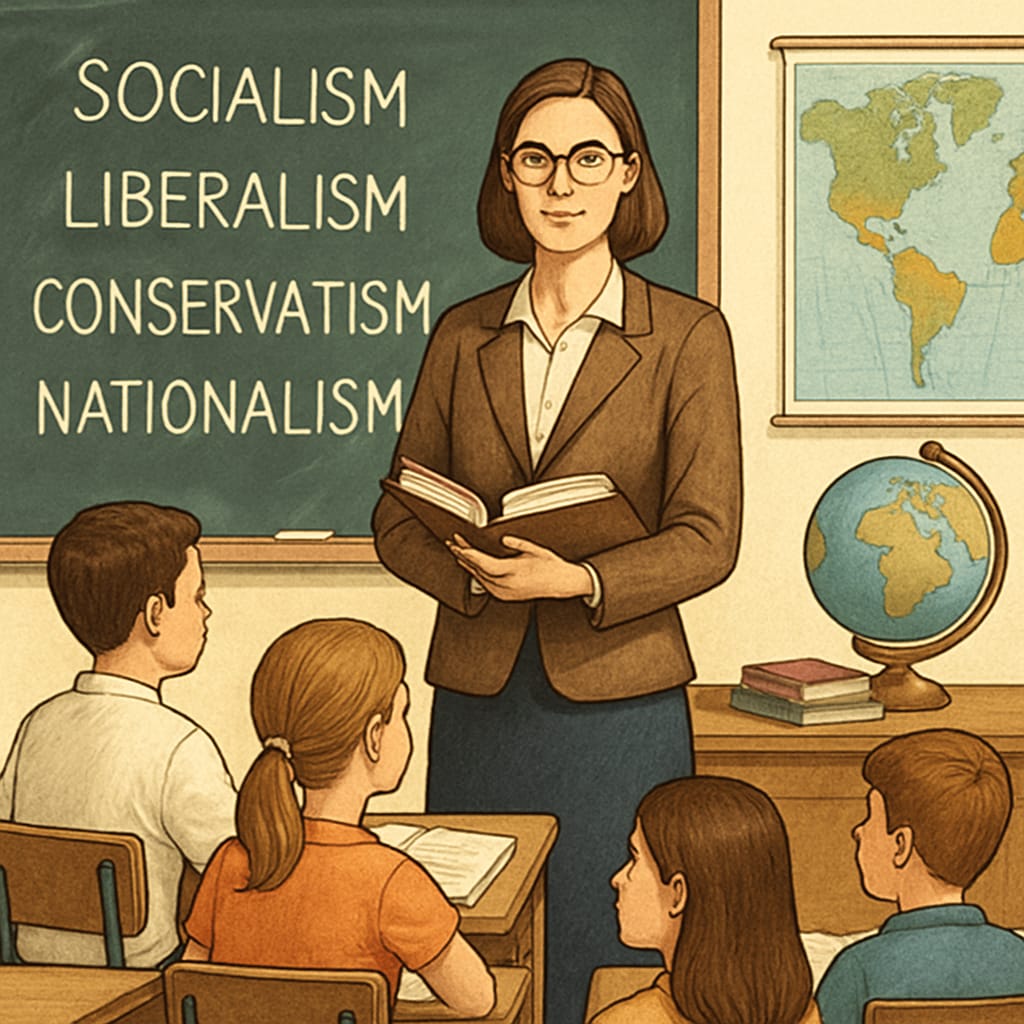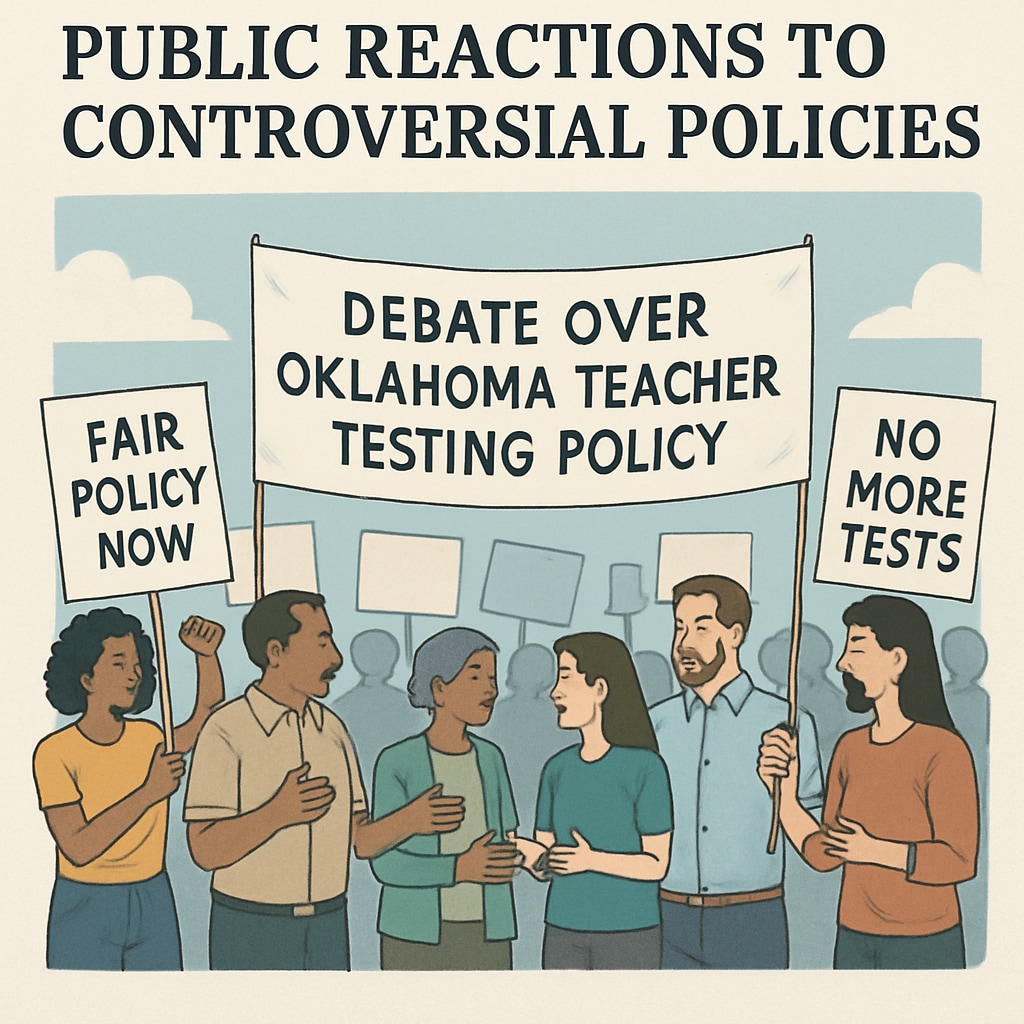Oklahoma recently introduced a controversial teacher testing policy that evaluates the political leanings of applicants from out-of-state. This decision has sparked widespread debate surrounding the intersection of education, politics, and freedom. Supporters argue it ensures ideological alignment with state values, while critics fear it undermines fundamental educational principles and encourages bias. As the nation grapples with rising political polarization, this policy raises important questions about its impact on the U.S. education system.
Why Has Oklahoma Implemented This Policy?
The introduction of Oklahoma’s teacher testing policy stems from growing concerns among state officials about ideological influences in education. Advocates claim the policy is designed to preserve educational integrity by ensuring that teachers align with the state’s cultural and political values. Supporters argue that educators with conflicting beliefs may unintentionally introduce divisive concepts into classrooms, potentially disrupting the learning environment.
However, critics question the transparency and fairness of this policy. They argue that focusing on political leanings rather than professional qualifications prioritizes ideology over educational merit, ultimately compromising the quality of education. For example, Britannica notes that education systems thrive when diverse perspectives are embraced, fostering critical thinking rather than conformity.

Potential Impacts on Education and Hiring
Oklahoma’s policy could significantly affect the recruitment process for teachers. By implementing political bias testing, the state risks alienating qualified applicants who might feel their personal beliefs are unfairly scrutinized. This could exacerbate existing teacher shortages, particularly in rural areas where finding educators is already challenging.
Moreover, the policy may set a precedent for other states to follow, potentially leading to a fragmented national education system where hiring practices vary widely based on political ideologies. As a result, the core value of education as a neutral space for learning and growth could be jeopardized.
For instance, according to Wikipedia, the U.S. education system has traditionally aimed to promote inclusivity and diversity, principles that might be undermined by policies like Oklahoma’s.

Balancing Freedom and Standards in Education
The controversy surrounding Oklahoma’s teacher testing policy highlights the delicate balance between maintaining state standards and upholding educational freedom. While it is reasonable for states to seek alignment with their cultural values, imposing political bias tests risks creating an environment of exclusion and mistrust.
To address these concerns, policymakers must focus on fostering transparency and ensuring that hiring practices prioritize qualifications, experience, and teaching ability over ideological alignment. Encouraging open dialogue between educators, parents, and state officials can also help bridge divides and ensure that education remains a space for intellectual growth rather than political division.
As debates continue, the implications of Oklahoma’s policy will likely serve as a critical case study for states considering similar measures. Its long-term effects on teacher recruitment, classroom dynamics, and educational outcomes will determine whether this approach is a step forward or a step back for the American education system.
Readability guidance: This article uses clear, concise language to articulate the debate surrounding Oklahoma’s teacher testing policy. Each section is broken into manageable paragraphs, and key points are summarized to enhance readability. Transitions such as “however” and “for example” are used throughout to ensure a smooth flow of ideas. Images are strategically placed to complement the content and visually engage readers.


